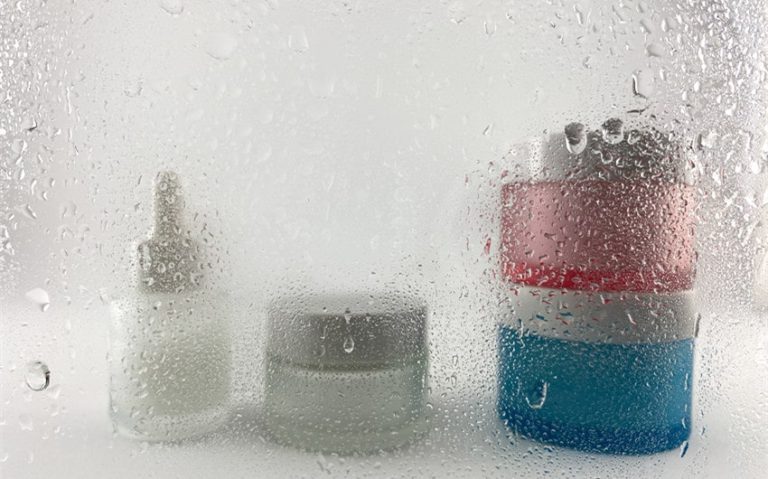Five Tips for Developing a Balanced Diet after Rehab
Going through addiction treatment and entering recovery is a real challenge. It’s one that takes a lot of effort and even after you leave rehab, your body still needs time to rebuild.
As part of the process, whether in residential rehab or outpatient, what people often don’t realise is the importance of diet within the plan. Nutrition plays a vital role in supporting recovery both in the short and long term, while also promoting overall wellbeing.
For those leaving rehab, developing a balanced diet couldn’t be more important and for those needing a little advice on how to do that, here are five top tips for doing so…
Focus on Whole, Nutrient-Dense Foods
Post rehab, a real importance should be placed on allowing the body to repair the damage that has been caused by substance misuse. While you may want to indulge in processed or sugary foods, you need to focus more on those foods that are packed with essential vitamins and minerals.
The likes of fresh fruit and vegetables, wholegrains and lean proteins like chicken, fish or legumes will all be beneficial to you, not only providing you with the energy and improved cognitive functioning to best manage recovery, but also improve your physical health, vital as part of your progress.
Establish Regular Eating Patterns
One thing you’ll learn in rehab is that structure and routine is really important, and that includes regular meal times and eating patterns too. Often throughout addiction people wil develop more erratic eating habits, skipping meals to prioritise drinking, for example.
By establishing regular eating patterns, this will restore the body’s natural rhythm and support overall mental wellbeing.
You should aim to eat three balanced meals per day at consistent times. This will help regulate blood sugar levels, reduce cravings and provide you with that structure you need, particularly during the early stages of recovery.
Stay Hydrated
Hydration is often overlooked but is incredibly important in recovery. Many substances, including alcohol, can dehydrate the body and deplete essential electrolytes. Dehydration can lead to fatigue, headaches, poor concentration, and mood disturbances, all of which can make recovery feel more challenging.
Aim to drink plenty of water throughout the day. Herbal teas, infused waters with fresh fruit, or electrolyte-rich beverages can also help maintain hydration. Avoid excessive consumption of caffeinated or sugary drinks, as these can contribute to anxiety, irritability, and energy crashes.
Consider Nutritional Deficiencies and Supplements
Prolonged substance use can often lead to deficiencies in vital nutrients such as B vitamins, vitamin D, magnesium, zinc, and iron. These deficiencies can contribute to low energy, poor concentration, mood swings, and weakened immunity.
It may be helpful to consult with a healthcare professional or nutritionist to assess any specific deficiencies and discuss whether supplements are appropriate. However, supplements should never replace a balanced diet but rather complement it while you work to restore your body’s natural stores through nutritious food.
Be Patient and Kind to Yourself
Developing a balanced diet after rehab is a gradual process. There may be setbacks or moments when unhealthy habits resurface, and that’s perfectly normal. The key is to avoid self-criticism and to view nutrition as part of your broader recovery journey rather than a strict regime.
Set realistic goals and celebrate small victories, such as cooking a nutritious meal or trying a new healthy food. Over time, these positive habits will become part of your lifestyle, supporting both your physical recovery and your emotional resilience.







